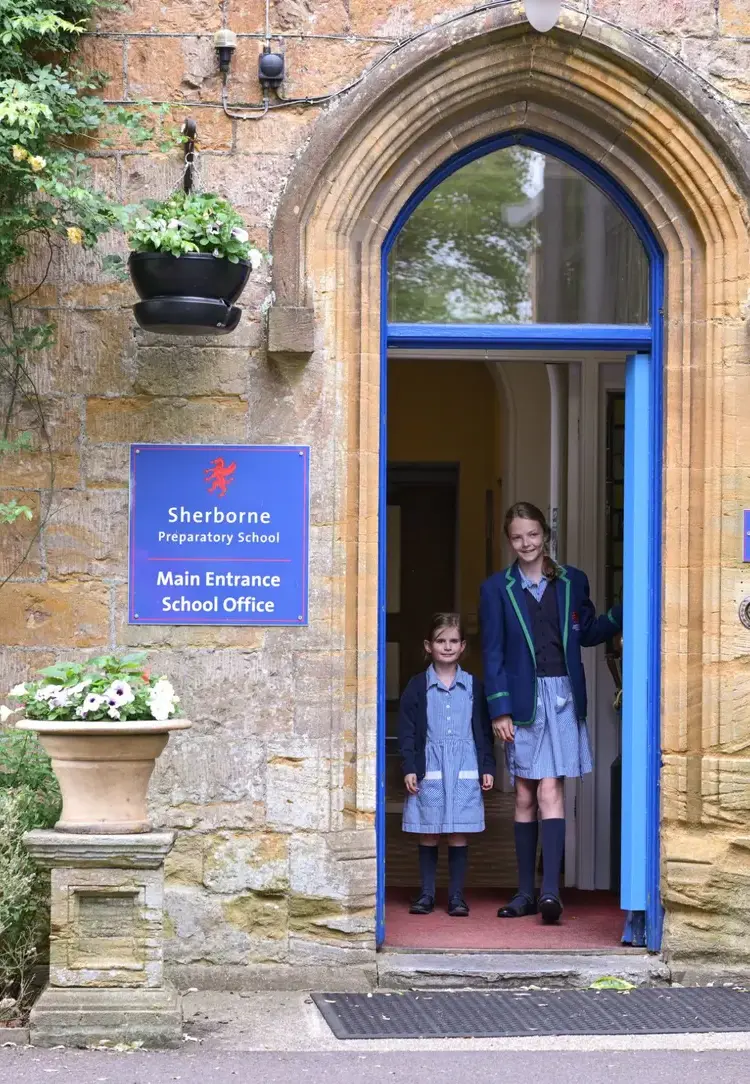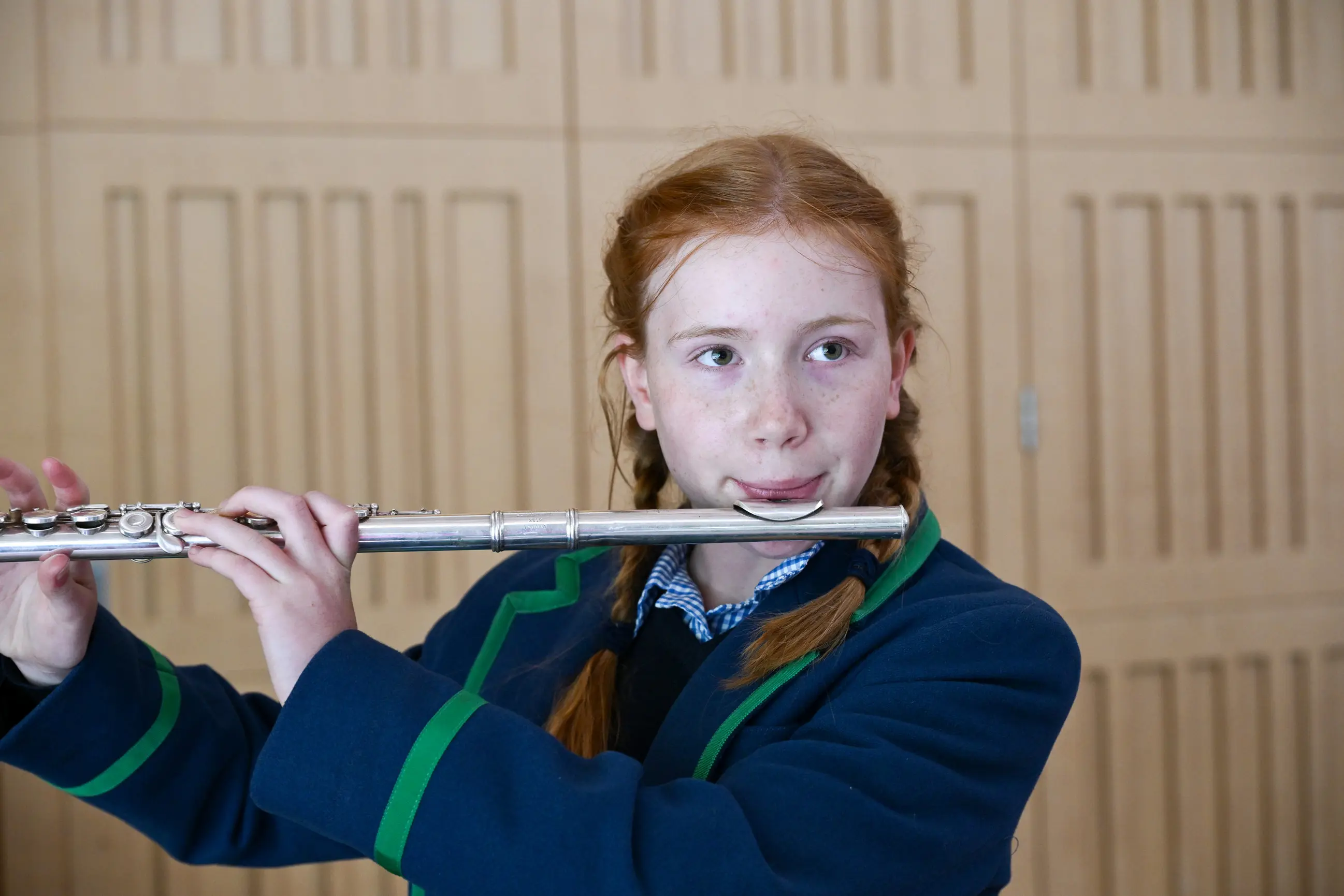The power of music
By Joe Arkwright, Head of Music
Nine years ago, Musharaf ‘Mushy’ Asghar captured hearts on Channel 4’s Educating Yorkshire. A student with a debilitating stammer, he struggled to speak aloud in class, let alone sit his English speaking exam. Inspired by The King’s Speech, his teacher introduced him to a method used by George VI – reading aloud with headphones and background music. It worked. Mushy passed. And we all cried.
What links Mushy and George VI is music – not simply as background noise, but as a profound tool to unlock potential. Music stimulates, calms and empowers. At Sherborne Prep, we place huge value on music not just as a subject, but as an essential element of a child’s development.
Since the mid-20th century, researchers have explored the link between music and cognitive function. Though progress has been steady rather than swift, the findings are powerful. Music has measurable, positive effects on the brain. It enhances memory, boosts concentration and strengthens emotional resilience.
One fascinating area of study is the overlap between music and mathematics. At first glance, they may seem unrelated. But look closer and the connections are everywhere: counting beats in a bar, understanding ratios, identifying patterns and shapes in notation. The National Council of Teachers of Mathematics even advocates using music as a teaching tool to help pupils grasp mathematical concepts through alternative, creative thinking.
And it doesn’t stop at maths. Music is deeply intertwined with language. Just as a sentence tells a story, so too does a melody. Studies have shown that children exposed to regular musical learning show greater progress in literacy, vocabulary and communication. Music helps them express emotion, build confidence and cooperate with others. It gives voice to those who struggle to be heard.
As early as 1871, Darwin reflected on music’s role in the evolution of language. Today, modern studies continue to support that view. One experiment, run between 2012 and 2013, evaluated the impact of ABC Music & Me in schools. The results were striking: improved vocabulary, coordination, classroom behaviour, and – crucially – attitude to learning.
So, does music make you smarter? Perhaps not in a simplistic, exam-result sense. But it undeniably supports broader learning, enhances mental agility, and nurtures emotional intelligence. It is not a luxury or an add-on. It is a vital thread in the educational fabric.
At Sherborne Prep, we celebrate music for all these reasons and more. It brings our school to life, gives pupils a sense of identity, and reminds us that learning is not just about facts and figures – it’s also about rhythm, feeling and connection.


